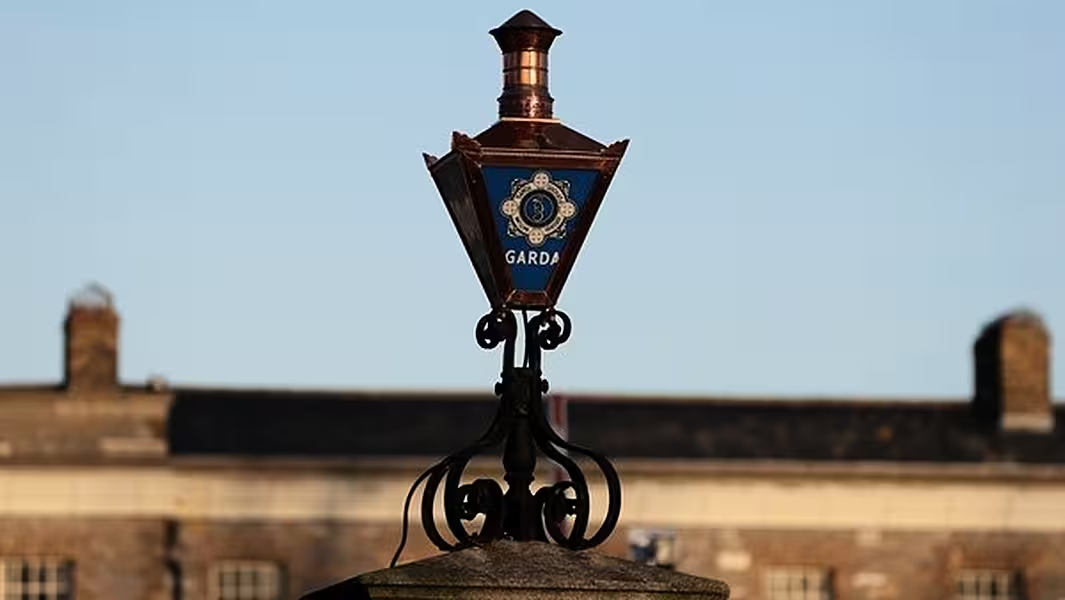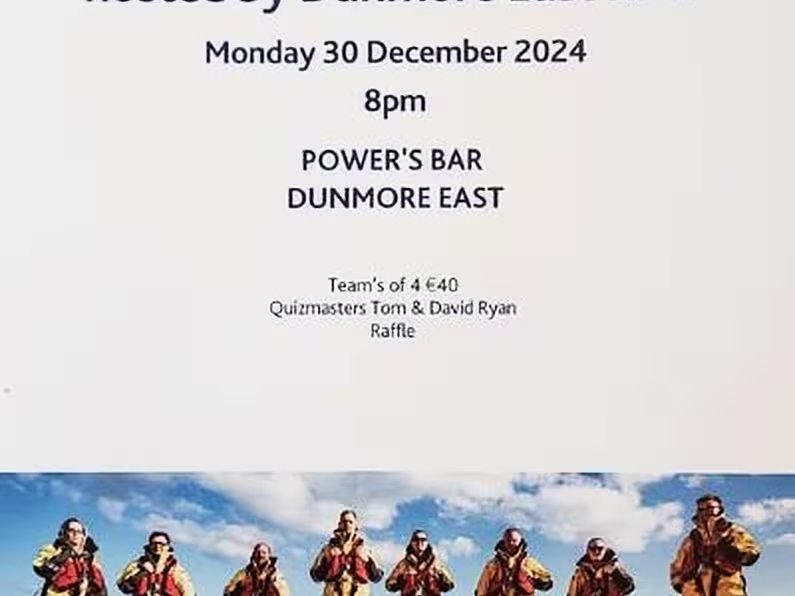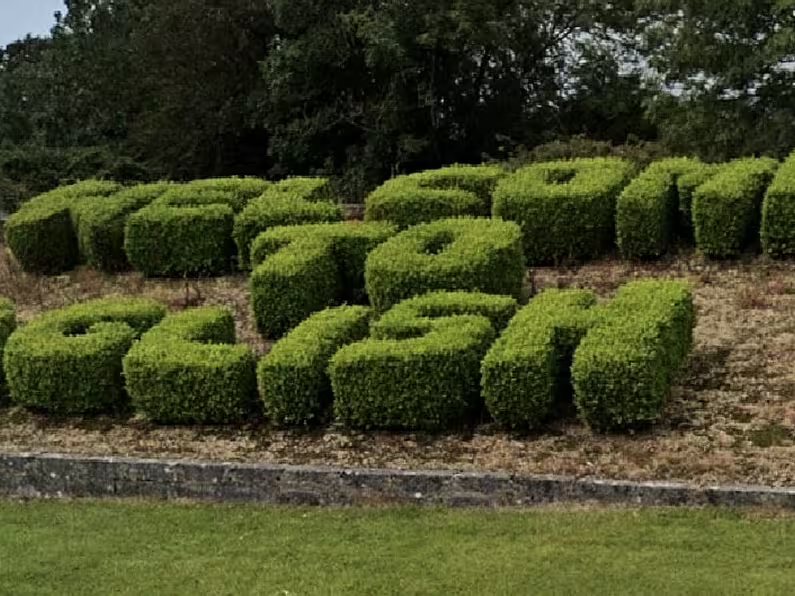
A newspaper group has asked the High Court to make orders permitting it to inspect a Garda report prepared for the Minister for Justice seven years ago.
Times Newspapers Ltd wants to inspect the report in preparation of its defence to a defamation action brought against it by a former garda over a Sunday Times article.
The Garda report, dated September 29th 2014, is entitled ‘A report for the Minister for Justice concerning the provision of confidential information by a serving member of the Garda to dissident republicans’.
The Garda Commissioner, a non-party in the defamation case, is opposing the inspection application, claiming public interest privilege on grounds including preserving the force’s ability to effectively investigate crime and protect informants.
Mr Justice Charles Meenan, who was provided today with the report by a solicitor for the Commissioner for the purpose of balancing the interests of the Commissioner and the newspaper, reserved judgment on the application.
Dissident republicans
The defamation case is by former Garda Lynda Meegan over an article published in the Sunday Times on September 14th 2014.
On Thursday, Oisin Quinn SC, for the newspaper, said the article stated, inter alia: “A senior figure in the Continuity IRA (CIRA) has been identified by Special Branch as the person who received sensitive information from a former Garda about operations against dissident republicans.”
It said: “Joe Fee, a convicted bomb maker who lives in Monaghan, is the focus of an investigation into the disclosure of information likely to be of use to terrorists”.
It stated a “female officer is said to have sent texts to Fee and alerted him to the identities of dissidents arrested by gardai” and the texts were intercepted by a Garda agency responsible “for spying on dissidents”. It said the officer, “who cannot be named, resigned after being confronted and is the subject of a continuing criminal investigation”.
Ms Meegan claims she is the former member of the garda referred to in the article and the allegations set out are false and defamatory of her.
She claims the article wrongly meant, inter alia, she had to resign as a Garda because she disclosed information likely to be of use to terrorists.
Convicted bomb maker
In her statement of claim, dated November 2014, she pleaded she “was involved (is involved) in a personal relationship with Mr Joseph Fee, referred to in the article as Joe Fee, a convicted bomb maker who lives in Monaghan”.
She claimed, in the course of imprisonment, Mr Fee disassociated himself from paramilitary groups and, on release from prison, did not engage in political or dissident republican activity.
The Sunday Times denies defamation. It denies Ms Meegan is identifiable from the content of the article; denies the article means what she alleges and pleads fair and reasonable publication in the public interest.
Mr Quinn said the High Court previously made orders for non-party discovery against the Commissioner and the 2014 report was listed in an affidavit of discovery.
Onus
The onus was thus on the Commissioner to justify why it should not be inspected by the newspaper, but the Commisisoner had failed to meet that onus, he said.
The court could make redactions if it considered those were necessary in balancing the interests of the newspaper and the Commissioner, he added.
Frank Callanan SC, for the Commissioner, argued his client was entitled to assert privilege over the report, sought by the Minister for Justice in 2014 from the then acting Garda Commissioner, Nóirín O’Sullivan.
Because the Commissioner had neither consented nor objected to the discovery order, it was not accurate to describe discovery as having been made on consent, he argued.
It was "difficult" to see how the report’s contents advance a public interest defence, he also said. If the court found in favour of disclosure, his side wanted certain redactions, counsel added.













